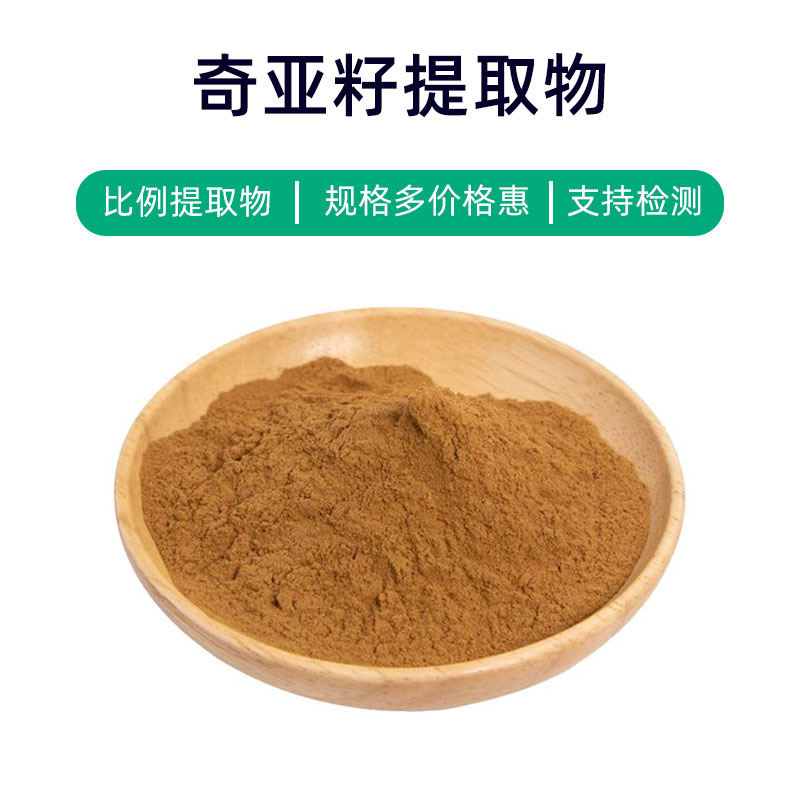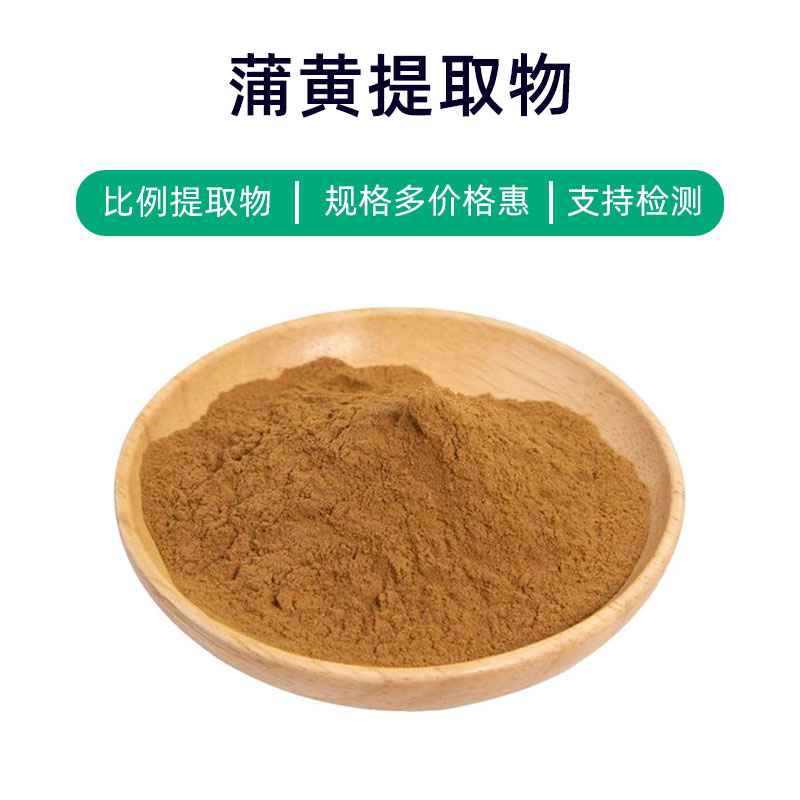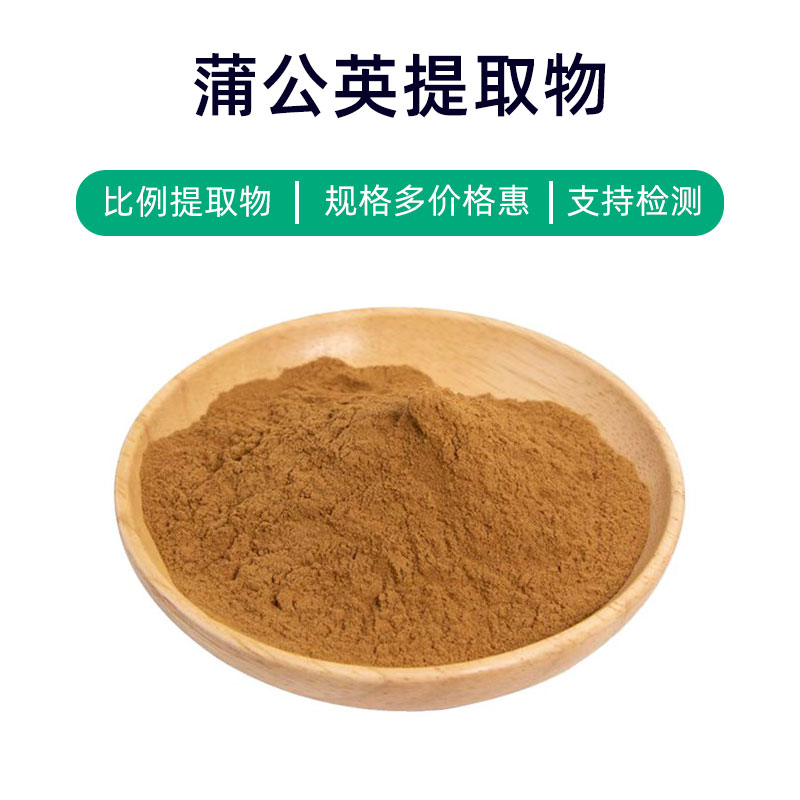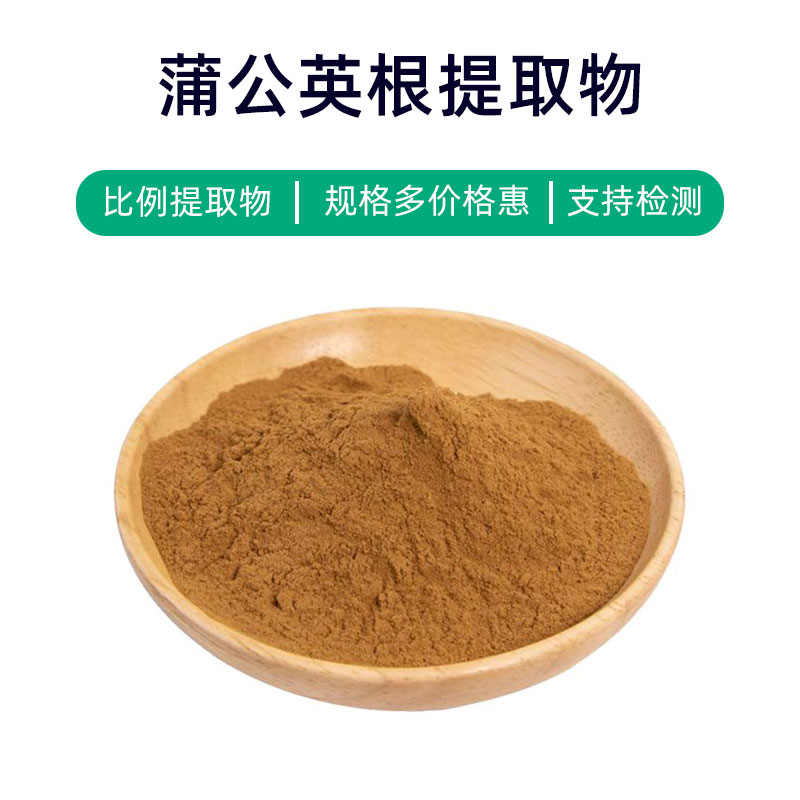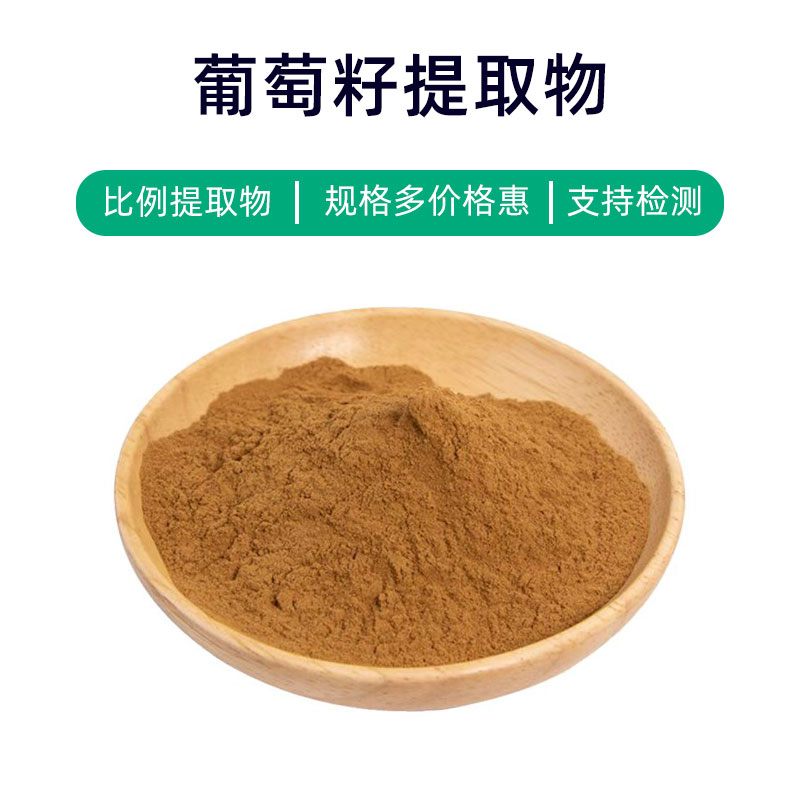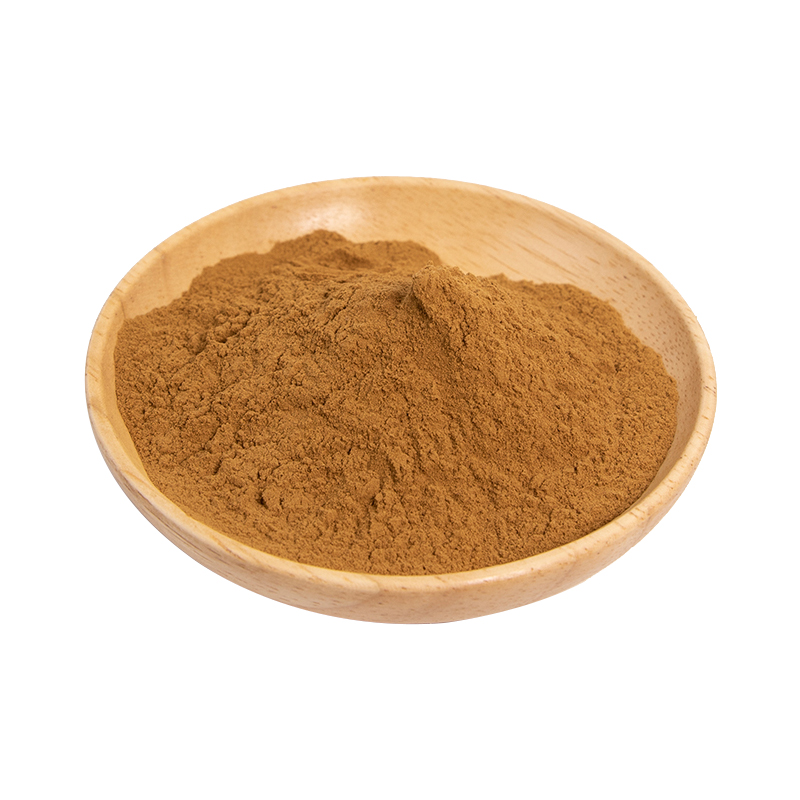Introduction to Black Walnut Extract
Black walnut extract is a natural plant extract derived from the fruit and bark of the black walnut tree. Its main components include abundant tannins, flavonoids, and walnut polyphenols. These compounds endow black walnut extract with various benefits and applications.
Firstly, the tannins and flavonoids rich in black walnut extract exhibit strong antioxidant and anti-inflammatory properties, helping to protect cells from free radical damage, reduce inflammatory responses, and contribute to overall health.
Secondly, black walnut extract also shows good antibacterial and antimicrobial effects, making it useful in the pharmaceutical and health supplement sectors. It can inhibit the growth of bacteria and fungi, offering supportive treatment for skin infections and oral issues.
Moreover, black walnut extract is widely utilized in the cosmetics industry. Its antioxidant and anti-inflammatory properties assist in skincare, reducing skin damage and slowing down the aging process. It is commonly found in skincare products such as creams, lotions, and masks, helping to improve skin texture and enhance radiance and elasticity.
In summary, as a natural plant extract, black walnut extract offers multiple benefits and applications, including antioxidant, anti-inflammatory, and antimicrobial effects, making it a natural and safe choice in the pharmaceutical, health supplement, and cosmetics industries.
Production Process of Black Walnut Extract
The production process of black walnut extract typically includes the following main steps:
- Raw Material Collection and Preparation: Fresh black walnut fruits and bark are collected as extraction materials. The fruits should be mature but not rotten, and the bark should be healthy. Collected materials must be cleaned and pre-processed to remove impurities.
- Extraction Process: The cleaned black walnut fruits and bark are crushed or chopped and then placed into extraction equipment. Water or organic solvent extraction methods are usually employed, using boiling or soaking to extract the target components, such as tannins and flavonoids.
- Filtration and Concentration: The extraction liquid needs to be filtered to remove residues and solid particles. Then, through the concentration process, moisture is evaporated from the extraction liquid, resulting in a dense liquid or solid extract.
- Drying and Grinding: The concentrated extract may be semi-solid or solid and requires drying to reduce moisture content, enhancing stability and shelf life. After drying, the extract is ground into a powder or granular form for subsequent packaging and use.
- Packaging and Storage: Finally, the black walnut extract is packaged in appropriate specifications, such as bags or bottles. During packaging, measures should be taken to prevent moisture, light, and oxidation to maintain the extract's stability and quality. After packaging, the extract should be stored in a dry, cool, and light-protected environment to prolong its shelf life.
The entire production process requires strict control over operational conditions to ensure the extract's quality and safety, complying with relevant production standards and regulations to ensure the product's compliance and reliability.
Effects and Side Effects of Black Walnut Extract
As a natural plant extract, black walnut extract offers various benefits and functions, primarily in the following areas:
- Antioxidant Effects: Black walnut extract is rich in various antioxidants, such as polyphenolic compounds and vitamin E, which can neutralize free radicals in the body, slow down oxidative damage to cells, and help maintain cell health.
- Anti-Inflammatory Effects: Studies have indicated that some active components in black walnut extract possess anti-inflammatory properties, helping alleviate inflammation and reducing joint pain and swelling.
- Regulating Blood Lipids: Certain components in black walnut extract are believed to help regulate blood lipids, lowering cholesterol and triglyceride levels in the blood, assisting in the prevention of cardiovascular diseases.
- Improving Blood Sugar Control: Research suggests that black walnut extract can enhance glucose metabolism and increase insulin sensitivity, helping lower blood sugar levels, providing some supportive therapeutic effects for diabetics.
- Antimicrobial Effects: Certain constituents in black walnut extract exhibit antimicrobial properties that can inhibit the growth of bacteria, fungi, and viruses, which may assist in preventing and treating certain infectious diseases.
Despite the numerous benefits of black walnut extract, caution should be exercised concerning the following points:
- Dosage Caution: Overuse may lead to adverse reactions, such as digestive issues or liver damage. It is recommended to use under the guidance of a doctor or professional, strictly controlling the dosage.
- Allergy Risks: Some individuals may be allergic to components in black walnut extract. A skin test should be conducted before use to avoid allergic reactions.
- Cautions for Pregnant and Nursing Women: Because the safety of black walnut extract for pregnant and nursing women has not been fully established, it is advised that these groups consult with a doctor before use.
In conclusion, black walnut extract possesses various benefits and effects, but caution is necessary during use to avoid adverse reactions and side effects. It is best used under professional guidance to ensure safety and effectiveness.
Application Scenarios, Dosage, and Usage of Black Walnut Extract
Black walnut extract has widespread applications in the pharmaceutical, food, and cosmetics industries, thanks to its antioxidant, anti-inflammatory, lipid-regulating, and blood sugar-controlling effects, making it a popular natural health product. Here are the applications and dosages in different fields:
- Pharmaceutical Field:
- Uses: Black walnut extract can be used to formulate traditional Chinese medicine or single-component drugs for improving cardiovascular health, regulating blood sugar and lipid levels, and alleviating arthritis.
- Dosage: Typically, doctors adjust dosages based on patient-specific conditions. Common methods of use include oral or topical application, with individual doses generally ranging from 100-500 mg, depending on individual circumstances and the severity of conditions. It is suggested to use under a doctor’s guidance.
- Food Field:
- Uses: Black walnut extract can serve as a food additive, enhancing the nutritional value and health benefits of food. Common applications include additions to cereals, beverages, and health supplements.
- Dosage: Generally, food manufacturers will add black walnut extract based on product formulations and standards, with quantities determined according to product recipes, complying with national food safety standards.
- Cosmetics Field:
- Uses: Black walnut extract is commonly found in skincare products, providing antioxidant, anti-inflammatory, and anti-aging benefits, improving skin texture and slowing down aging.
- Dosage: Black walnut extract can generally be added to lotions, creams, masks, etc. Use according to suggested dosages on product labels to prevent discomfort from overuse.
Overall, black walnut extract has extensive applications in pharmaceuticals, food, and cosmetics, but attention should be given to the source, quality, and dosage of the products during use to avoid adverse reactions. It is recommended to use under the guidance of professionals to ensure safety and effectiveness.
Introduction to the Source Plant of Black Walnut Extract: Distribution and Growth Environment
Black walnut (scientific name: Juglans nigra) is a large tree native to North America, belonging to the walnut family. It is commonly referred to as “black walnut” or “American walnut” and serves as an important economic crop and ornamental tree. Here, we introduce the source plant of black walnut extract, its distribution, and growth environment:
- Plant Introduction:
- Black walnut is a tall tree that can reach heights of 30-40 meters, with trunk diameters up to 1.5 meters. The crown is broad and round, with bark that is dark gray to black and features striped fissures. The leaves are compound, elongated oval, with 11-23 leaflets that have serrated edges.
- The black walnut tree blooms in spring, being dioecious, with male flower clusters forming in catkins and female clusters appearing as terminal, long-stalked globular or oval inflorescences. The fruits are spherical drupes, with hard shells that are green when immature but turn black when ripe.
- Distribution:
- Black walnut is native to North America, primarily distributed in the eastern and central regions of the United States, including the Mississippi River Valley, Ohio River Valley, Michigan, and Ohio River basin. It thrives in warm, humid climates, usually growing along riverbanks, lakeshores, and hillsides.
- Growth Environment:
- Black walnut prefers fertile soil and does not have strict soil requirements, adapting to various soil types but favoring well-drained sandy loam. It thrives in sunny environments and grows rapidly.
- Typically, black walnut is found at lower elevations, usually between 200 to 800 meters. It enjoys warm, humid climates and does not adapt well to cold or dry conditions.
Overall, black walnut is a large tree that grows in North America, mainly found in the eastern and central United States. It prefers warm, humid, and sunny environments and can adapt to various soil types.
Processing and Storage of Black Walnut Extract
Processing of black walnut extract generally includes the following steps: First, the black walnut fruits are harvested and washed. The fruit shells are then removed, and the kernels are extracted. Next, the kernels are ground or crushed to extract the effective components. The extracted liquid undergoes concentration, filtration, and other processing steps to finally yield black walnut extract. To maintain its quality and effective components, the black walnut extract should be stored in a cool, dry place, avoiding direct sunlight and high temperatures, while also preventing contact with harmful substances such as air and moisture to extend its shelf life.
Monica Sun is a seasoned expert in the plant extraction industry with over a decade of experience in research and production. She specializes in the extraction and purification of plant active ingredients, focusing on driving innovation in natural product applications. Monica has participated in the development of multiple functional plant extracts, delivering high-value natural raw material solutions for the health food, pharmaceutical, and dietary supplement sectors.









